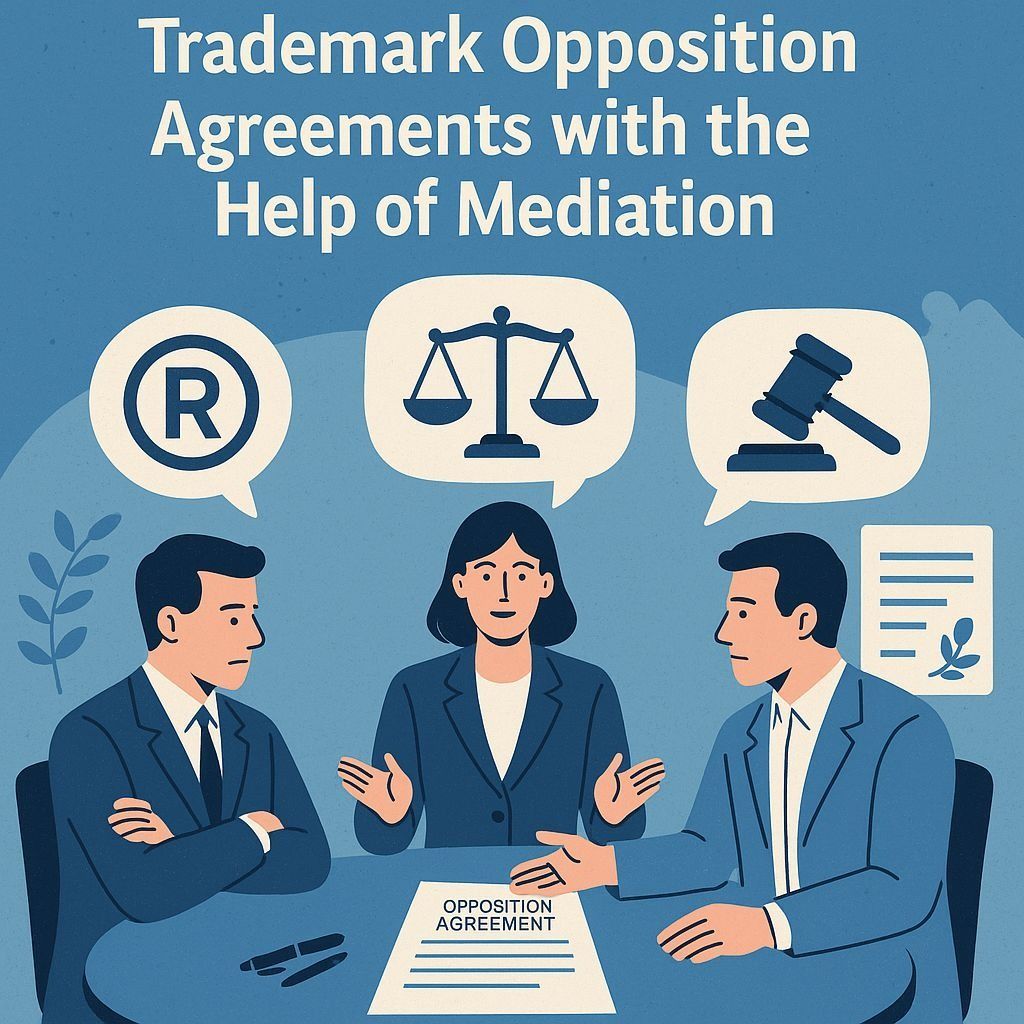Understanding the Legal Implications of the Texas Federal Court Striking Down the FTC’s Ban on Non-Competition Agreements
Two days ago, August 21, 2024, U.S. District Judge Ada Brown granted a motion for summary judgment effectively overturning the FTC’s (Federal Trade Commission’s) nationwide ban on non-competition agreements. As a result, the FTC will not be permitted to enforce its rule, which was set to go into effect September 4, 2024. FTC spokesperson Victoria Graham explained that this decision, however, does not prevent the agency from addressing noncompete agreements through “case-by-case” enforcement actions.
Key Developments
This ruling was made just weeks before the FTC’s ban on non-competes was scheduled to take effect. This decision allows employers across the United States to continue using non-compete agreements in accordance with state laws, alleviating immediate concerns about the impending ban. Although there remains a possibility that the rule could be revived through a federal appeals court, the ruling ensures that the September 4 compliance deadline will not be enforced.
Legal Grounds for the Ruling
The court’s decision rested on two main legal arguments. First, the judge ruled that the FTC exceeded its authority by attempting to impose a substantive rule beyond its congressional mandate, which only permits it to issue procedural rules addressing unfair competition methods. The judge emphasized that administrative agencies must operate within the bounds set by Congress, not extend their reach based on their own interpretations.
Second, the court found the rule “arbitrary and capricious” due to its overbroad scope and lack of a reasonable explanation. The judge noted that no state in the U.S. has implemented a non-compete ban as sweeping as the FTC’s proposal, and criticized the rule for not targeting specific harmful practices but instead applying a blanket ban. Additionally, the judge highlighted the FTC’s failure to consider potential positive aspects of non-competes and alternative regulatory approaches.
Nationwide Impact
Judge Brown’s ruling has broad implications, setting aside the non-compete ban for all employers nationwide. This contrasts with her earlier, more limited ruling that applied only to the parties involved in the lawsuit. The decision effectively nullifies the FTC’s rule across all jurisdictions, bringing an end to the uncertainty that employers faced as the September 4 deadline approached.
Post-Chevron Context
This ruling also underscores the shifting judicial landscape following the Supreme Court’s recent decision to overturn the Chevron doctrine. This landmark ruling, which previously required courts to defer to agency interpretations of ambiguous laws, now encourages courts to exercise independent judgment when evaluating agency actions. The Texas court’s decision reflects this new judicial standard, signaling a potential trend of courts more readily overturning agency regulations deemed overreaching.
Conclusion
This issue is not over yet. Though it is unlikely that this ruling will be overturned at appeal in favor of implementing the FTC’s ban on non-competition agreements, anything is possible. So, what does this mean for employers and employees? I will be discussing that in my next two immediate blog posts.
If you would like to discuss what steps you should take for yourself or your business in regard to non-competition agreements. We at The Law Office of Nicole Weaver, PLLC are here to help. Feel free to contact us at: Nicole@LegalWeaver.com , 407.536.6889 or www.LegalWeaver.com.
The post Understanding the Legal Implications of the Texas Federal Court Striking Down the FTC’s Ban on Non-Competition Agreements appeared first on Nicole Weaver, PLLC.











